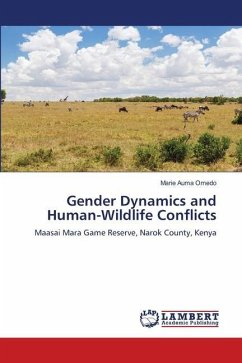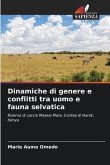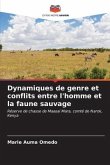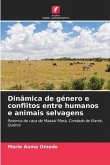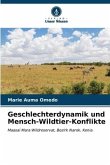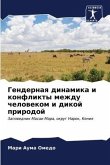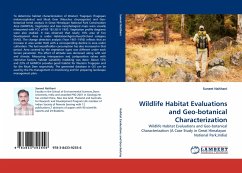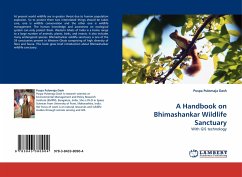Human-Wildlife Conflict is a phenomenon that affects a wide range of the world's population. Especially those who live in rural African communities. The people in the Mara are a good example of such a community that is African, rural, not economically well off and living near wildlife. Among the greatest issues that the Mara faces is Human-Wildlife Conflict and despite previous attempts to mitigate it, it continues to persist. One of the reasons why this plague has been so persistent is because the rules and regulations are too broad and do not factor in the differences within the communities that live in close proximity to wildlife populations. This research has singled out the main difference in these communities as being gender and as such focuses on it. The objectives of this research are to examine the gender dynamics that affect Human-Wildlife Conflicts, to examine how the gender dynamics can then be used in wildlife conservation and create conservation strategies from the evaluation of gender dynamics relevant to Human-Wildlife Conflicts.
Bitte wählen Sie Ihr Anliegen aus.
Rechnungen
Retourenschein anfordern
Bestellstatus
Storno

